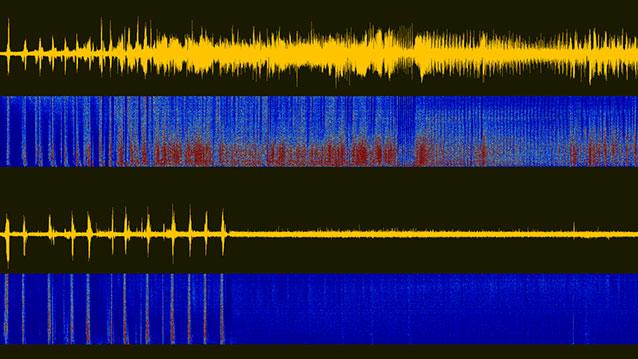
A class of drug that inhibits estrogen production and is used to treat breast cancer has been found to quickly and effectively suppress dangerous brain seizures, according to a new Northwestern University study.
“The effect was profound and very clear,” said Catherine S. Woolley, senior author of the study, which was conducted in a rat model of status epilepticus, a condition characterized by a prolonged episode of seizure activity. “This shows that clinically available drugs could be effective therapies for suppressing seizures in humans.”
Woolley and postdoctoral fellow Satoru M. Sato also discovered, to their surprise, that seizures stimulate the production of estrogens in the brain of both males and females and that this plays a previously unknown role in the escalation of seizure activity. Estrogen synthesis during a seizure fuels the seizure, making it worse.
The findings suggest a new approach to treating seizures in humans: shut down the brain’s production of estrogen when a seizure first begins. Current seizure treatments are not targeted; they work by dampening neural activity generally and come with many side effects, such as drowsiness, dizziness or difficulty concentrating.
“Status epilepticus is a neurological emergency,” Woolley said. “This occurs when large groups of connected neurons fire excessively and in synchrony for a prolonged time. Recognizing that estrogen synthesis during seizures fuels seizure activity gives researchers a specific target for therapeutically breaking the dangerous escalation cycle.”
Woolley is the William Deering Chair in Biological Sciences, professor of neurobiology in the Weinberg College of Arts and Sciences and a member of the Women’s Health Research Institute at Northwestern University Feinberg School of Medicine.
The study, published this week as a Research Article by the online life sciences and biomedicine journal eLife, builds on past work showing estrogen increases neuronal activity via a number of mechanisms.
In their study, Woolley and Sato found inhibiting estrogen synthesis just after seizure onset strongly suppressed seizures in both sexes, without anti-seizure drugs or other interventions. The effect was seen both in the animal’s behavior and in hippocampal electroencephalogram (EEG) recordings.
The scientists injected male and female animals with either an inert substance or an aromatase inhibitor, either letrozole or fadrozole, just after the start of a chemically induced seizure. (An aromatase inhibitor inhibits estrogen synthesis; letrozole, or Femera®, is used clinically to treat breast cancer in postmenopausal women.) They studied the animals for up to six hours and found both fadrozole and letrozole strongly suppressed seizures in both sexes.
The hippocampus is a critically important part of the brain in the initiation and propagation of seizure activity. In another part of their study, Woolley and Sato found the impact of seizures on estrogen production in the hippocampus was surprisingly large in both sexes, showing a two- to three-fold increase during seizures.
Woolley said it is important to distinguish between seizures and epilepsy, which are not synonymous. Epilepsy, which affects about 1 percent of the population, is a condition in which a person has spontaneous recurrent seizures, often lasting only a few minutes. Status epilepticus is a more severe seizure episode, affecting about 40 people per 100,000 per year.
The overall mortality rate of status epilepticus is estimated at 20 percent, and patients who recover have an increased likelihood of subsequent unprovoked seizures, the researchers say. New approaches to acute seizure control are needed.
“Given the unacceptably high mortality rate of status epilepticus in humans, these data from the Northwestern study are likely to elicit great interest by physicians in the field,” said Dr. Stephen M. Smith, director of medical critical care at the VA Portland Health Care System. He was not involved in the study but is familiar with Woolley’s research.
“Hopefully, this new study will trigger clinical trials to determine the efficacy and safety of currently available aromatase inhibitors in patients with status epilepticus,” said Smith, professor of medicine at Oregon Health & Science University.
###
The National Institute of Neurological Disorders and Stroke of the National Institutes of Health (NIH) [grant NS037324] and the NIH Office for Research on Women’s Health supported the research.
The title of the paper is “Acute Inhibition of Neurosteroid Estrogen Synthesis Suppresses Status Epilepticus in an Animal Model.”
Media Contact
Megan Fellman
[email protected]
847-491-3115
@northwesternu
http://www.northwestern.edu
The post Breast cancer drug found to reduce seizures appeared first on Scienmag.





